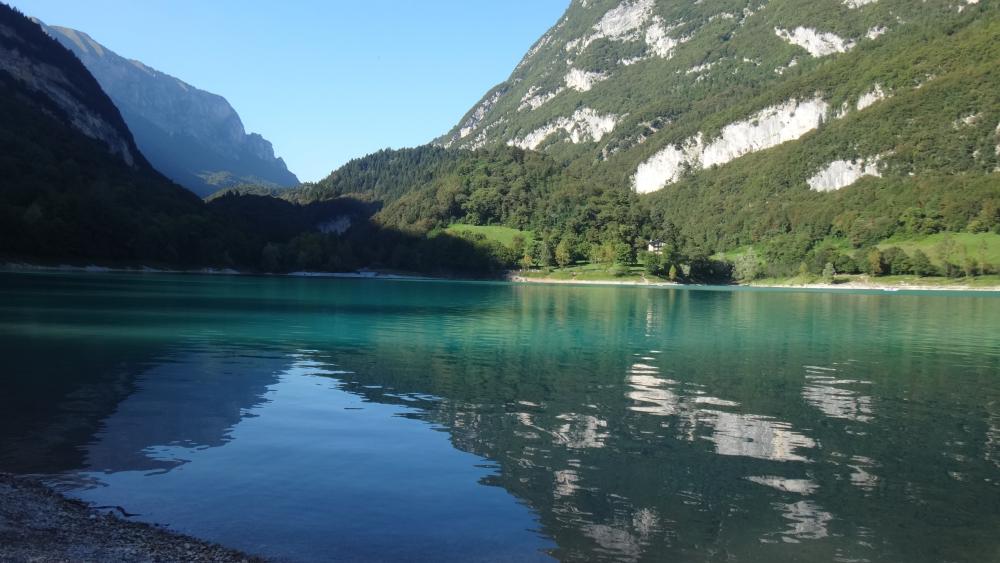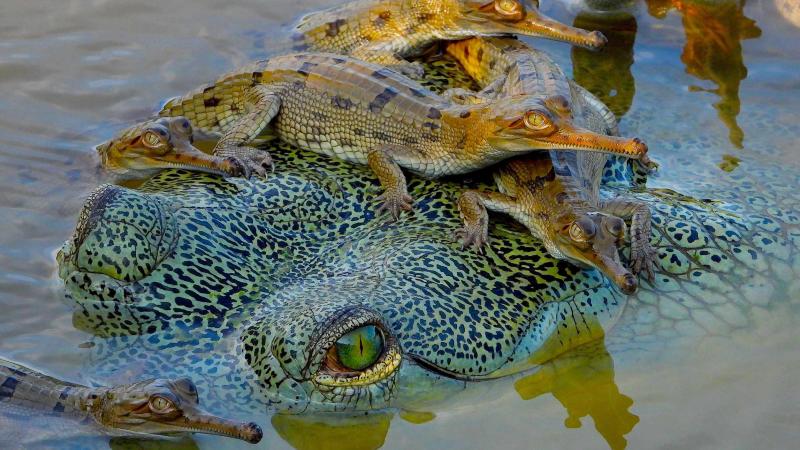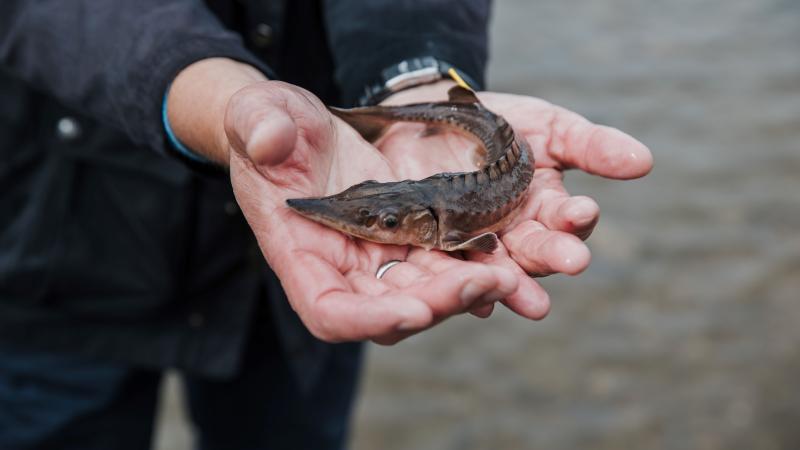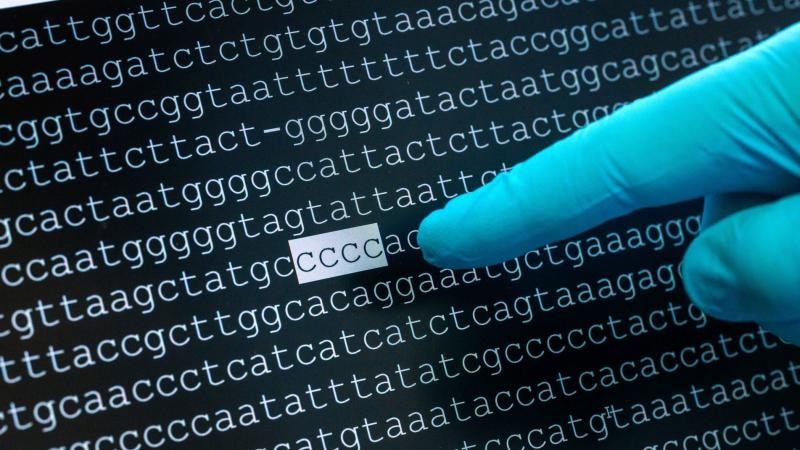
UNberührte Bergseen gibt es in Zeiten des Klimawandels nicht mehr. | Foto: Angelina Tittmann
Contrary to popular belief, remote mountain lakes are strongly affected by global change, pollution, land-use change and the introduction of alien (fish) species. Yet, little is known about the consequences for the microbial biodiversity in the lakes. A team of researchers led by Dirk Schmeller and Hugo Sentenac from the French Institut National Polytechnique de Toulouse, including IGB, studied the composition of biofilms in 26 lakes in the French Pyrenees over five consecutive years. “Biofilms are made up of billions of micro-organisms which, through their transformations, have a major impact on water quality," explained Hugo Sentenac.
Cyanobacteria previously more known as a problem in shallow lakes
The authors found that the considerable biodiversity in the biofilms has decreased over time: Certain algae such as cyanobacteria have increased, while species that indicate good water quality, such as diatoms, have decreased. "This is a sign that biofilms are degrading," explains Adeline Loyau of the Institut National Polytechnique de Toulouse, co-author of the study. "Some cyanobacteria produce cyanotoxins that are harmful to animals and humans, and the proportion of cyanotoxin-producing cyanobacteria in biofilms has increased in the recent past."
Danger to water supply, hikers and grazing livestock
In lowland lakes, fatal poisonings of dogs and wildlife by cyanotoxins occur repeatedly. In the mountains, water from mountain lakes is often used as drinking water on alpine pastures and for watering grazing livestock. "This deterioration in water quality could have far-reaching consequences not only for the ecosystems of mountain lakes, but also for humans and terrestrial animals," explained Hans-Peter Grossart from the IGB.
Changing biofilm composition is probably caused by several factors acting simultaneously. "Among the factors we studied, fluctuations in pH and water hardness are important drivers. They will continue to increase under the influence of climate change due to leaching of the rock," said Dirk Schmeller.






